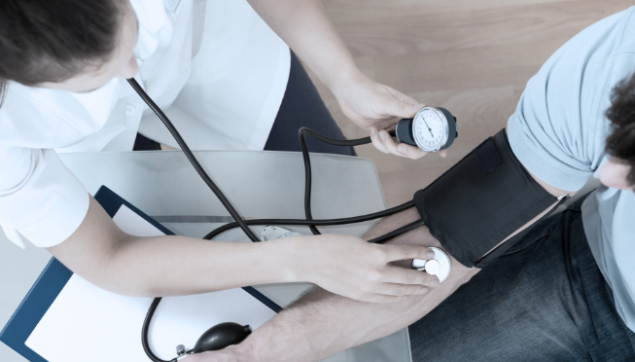How you can reduce your cancer risk

Last updated on 23rd June, 2021 at 09:37 am
Cancer causes more deaths in South Africa than HIV/AIDS, tuberculosis and malaria combined. According to the National Cancer Strategic Framework, many cancer deaths are preventable through changes in lifestyle and early detection. Here’s what you can do now to reduce your cancer risk.
Did you know Reality Plus and Health members can get up to 30% discount on risk products? Ensure you’re covered for illnesses like cancer. Learn more here.
#1: Eat healthily and exercise
A report from the International Agency for Research on Cancer (IARC), the cancer agency of the World Health Organization, concluded that eating large amounts of processed meat and the consumption of red meat can slightly increase the risk of certain types of cancer. According to Harvard Medical School, reducing your consumption of saturated fat, red meat (beef, pork, and lamb) and processed meat (bacon, sausage, luncheon meats and hot dogs) may decrease the risk of colon cancer and a more aggressive form of prostate cancer.
What should you be eating? “Increase your consumption of fruits, vegetables and whole grains,” suggests Harvard Medical School. They also encourage, if you choose to drink, to limit yourself to an average of one drink a day: “Excess alcohol increases the risk of cancers of the mouth, larynx (voice box), oesophagus (food pipe), liver and colon; it also increases a woman’s risk of breast cancer.” This goes for smoking too. “Smoking further increases the risk of many alcohol-induced malignancies.”
Along with smart food and drink choices, “physical activity has been linked to a reduced risk of colon cancer,” says Harvard Medical School. “Exercise also appears to reduce a woman’s risk of breast and possibly reproductive cancers. Exercise will help protect you even if you don’t lose weight.”
#2: Go for regular screenings
“We know that we’re living in unprecedented times with, COVID-19 taking centre stage in our lives; however, the risk of cancer does not go away due to the pandemic,” says Gerda Strauss, CANSA’s Head: Service. “It’s vital to go for regular cancer screening, as early detection saves lives.”
In men, prostate cancer is the most common non-skin cancer. According to the National Cancer Registry (NCR), South African men have a 1:19 risk for being diagnosed in their lifetime. For South African women, breast and cervical cancers are the leading cause of death, with breast cancer being the most diagnosed cancer, with a lifetime risk of one in 25.
How to prevent becoming a statistic? Regular check-ups! “Annual prostate specific antigen (PSA) testing is essential to help detect prostate cancer early, through a simple blood test,” says Prof Riana Bornman, senior research professor at the University of Pretoria’s School of Health Systems and Public Health. PSA tests are available at your GP or at most CANSA Care Centres across the country. According to the Breast Health Foundation, 70% of all breast cancer is found through self-checks. CANSA advises doing monthly self-examinations and yearly mammogram checks.
See how to do a breast cancer self-examination here.
#3: Be sun-smart
Skin cancer is in the top five of the most common cancers worldwide, according to the World Cancer Research Fund, and SA has one of the highest monitored ultraviolet (UV) levels in the world, resulting in one of the highest skin cancer rates globally. Sunburn can occur within fifteen minutes, and the damage caused is permanent, irreversible and adds up with each exposure to the sun, warns CANSA. Equally as scary, Dr Dagmar Whitaker, president of the Melanoma Society of South Africa, reveals that 80% of a person’s lifetime skin damage happens in the first 20 years of life. However, this does not give adults a free pass. Many adults develop skin cancer later in life. How to lower your risk?
Avoid midday sun
If possible, stay out of the sun between 10am and 3pm, when the sun’s rays are strongest, advises CANSA.
Use sunscreen
“Make sure the sunscreen you select has enough UVB and UVA protection and is not lower than SPF 50,” advises Whitaker. “Apply 20 minutes before going outside into the sun. Re-apply regularly after towel-drying, perspiring or swimming,” continues CANSA. “It’s important to remember to look at the expiry date. Sunscreen usually expires two years after the date of manufacture.”
Avoid sun lamp and tanning beds
A study by the IRAC shows that people who begin using tanning beds regularly before age 30 increase their risk of developing skin cancer by 75%.
Want to learn more?
We send out regular emails packed with useful advice, ideas and tips on everything from saving and investing to budgeting and tax. If you're a Sanlam Reality member and not receiving these emails, update your contact details now.
Update Now







